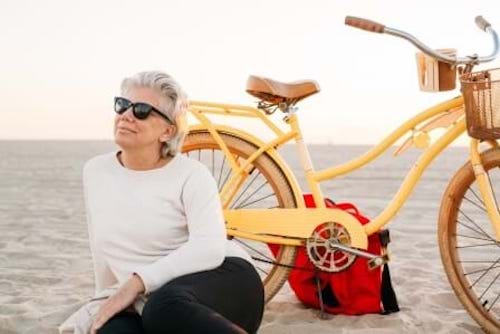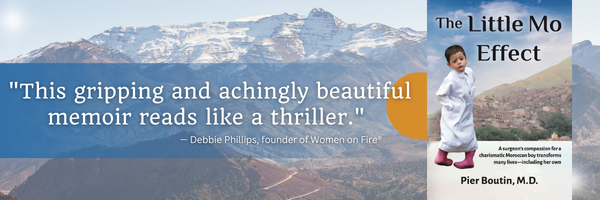One of us has a good friend who’s in her late 80s and is still “sharp as a tack.” She’s active, attractive, fit and vibrant. If you met her, you would never guess her age! She looks and acts much younger.

So, what’s her secret?
Research on cognitive aging is beginning to converge on the idea of superagers. The term makes these people sound like superheroes with special powers. And maybe they are — neurologists use ”superagers” to describe older adults with memory and attention spans that are so far above average that, in some cases, their brains test on par with healthy 20-somethings.
In their 2016 superager study, Lisa Feldman Barrett and colleagues at Massachusetts General Hospital wanted to know how superagers are able to maintain the brain structures that support youthful cognitive function even far into the aging process.
Here’s what they found: superagers have an unbreakable habit of pushing themselves beyond their own mental and physical boundaries. By comparing MRI images from superagers with a control group of so-called “normal-agers,” the researchers saw that superager brains tended to have thicker cortex regions — the parts of the brain involved with learning and memory, as well as emotion formation and processing.
The study concluded that superagers are making lifestyle choices — specifically, constantly engaging in challenging activities — that help build up and maintain key areas of the brain that would otherwise atrophy. Yes, it’s the old “use it or lose it” proposition!
Do you have what it takes to become a superager?
Want to join the ranks of superagers? All you have to do is work hard at something that’s not easy for you to accomplish! Researchers noted that when superagers engage in new activities, they gravitate toward physical and mental pursuits that require them to work through feelings of frustration and overcome self-limiting thoughts or any sense of self-doubt.
We’re not talking about Sudoku puzzles here. Instead you need to stimulate your brain by trying things like:
- taking foreign language classes
- learning to play a musical instrument
- going on a long-distance bike trip or a major hike
- taking up a new sport
- volunteering with a political campaign or local community action group
These kinds of “why on earth did I sign up for this?” mental effort and physical endeavors seem to be ideal for keeping certain essential regions of the brain thick and healthy — and relatively age-proof. Superagers are continually challenging and pushing themselves, while other seniors who aren’t experiencing this kind of mental or physical stimulation (for whatever reason) have brain function that deteriorates as a result of under use.
If you fantasize about spending your retirement days being as active and vibrant as my good friend, make sure you never stop challenging your body and mind. Join an environmental action group, take salsa lessons or master Mandarin. Whatever you do, don’t let being older become the end of your quest for knowledge and insight.
Do you have the right stuff to tap into your own brain’s fountain of youth? In my view, we all do. So take your first step and get started today!
- https://www.today.com/video/meet-the-super-agers-who-defy-the-effects-of-old-age-911038019855
- https://www.jneurosci.org/content/36/37/9659
- Felicia W. Sun, Michael R. Stepanovic, Joseph Andreano, Lisa Feldman Barrett, Alexandra Touroutoglou, Bradford C. Dickerson. “Youthful Brains in Older Adults: Preserved Neuroanatomy in the Default Mode and Salience Networks Contributes to Youthful Memory in Superaging,”Journal of Neuroscience 14 September 2016, 36 (37) 9659-9668.
- “Meet the ‘super-agers’ who defy the effects of old age,” Today Show. March 31, 2017 https://www.today.com/video/meet-the-super-agers-who-defy-the-effects-of-old-age-911038019855












